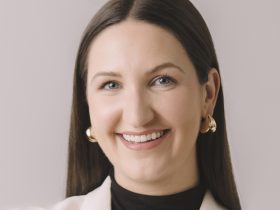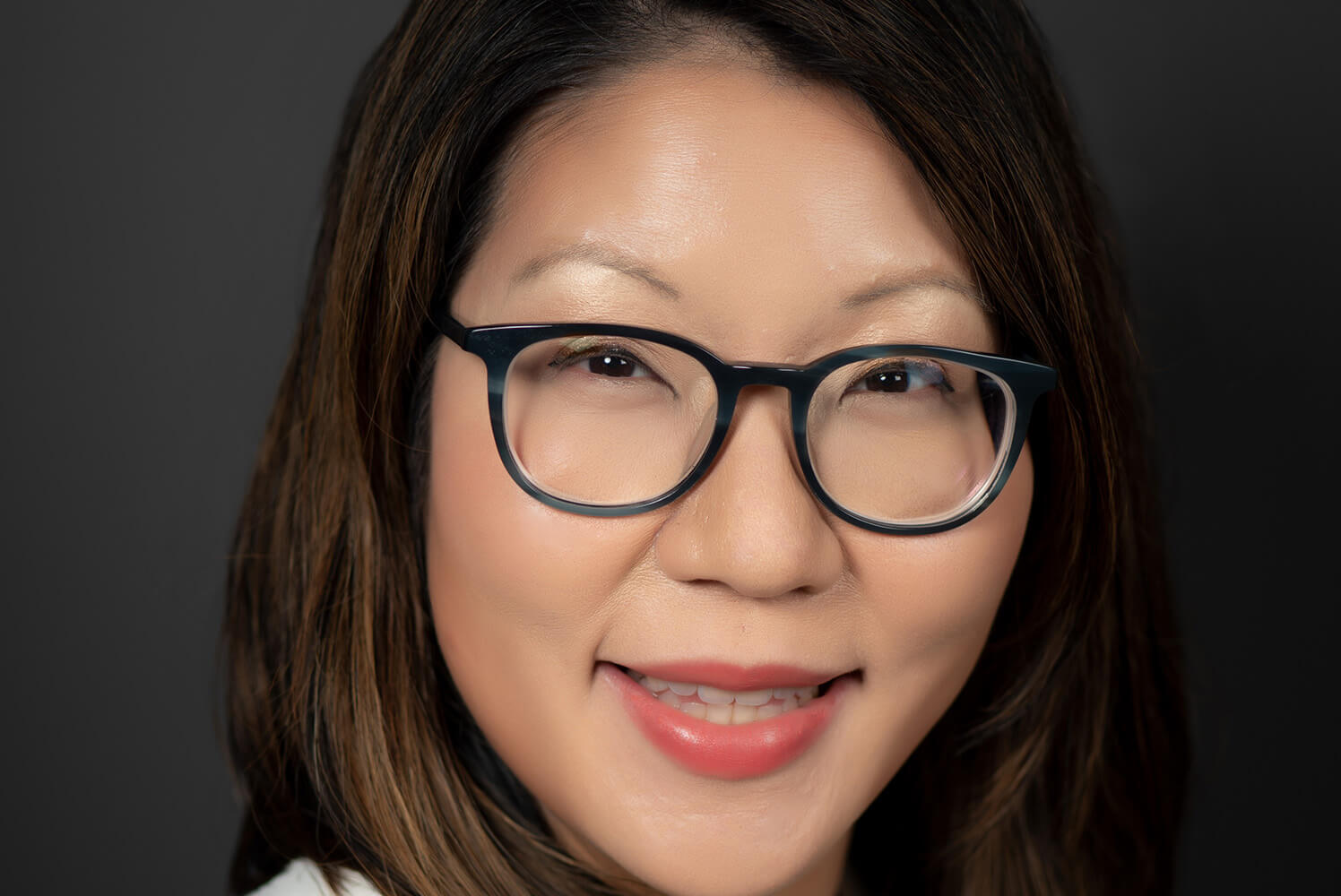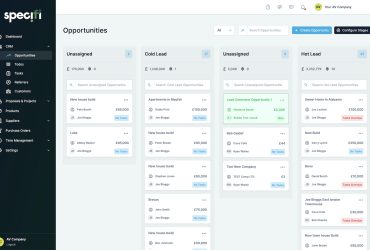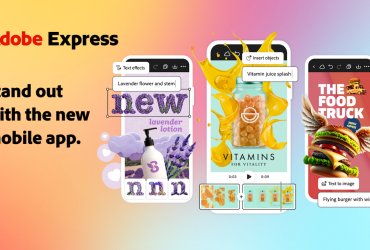The latest candidate in our series of Q&As with influential women in the technology business in Canada is Patricia Yun, Head of Digital Commerce, TD Merchant Solutions.
Name: Patricia Yun
Job Title & Company: Head of Digital Commerce, TD Merchant Solutions
Years in the Industry: 10+ Years
The Quote That Most Inspires You: “Read books by people whose perspective is different from yours, listen to voices you haven’t heard before, look for narratives that are new to you. In them and with them, you might end up finding more room for yourself.” – (Michelle Obama)
What drew you to a career in the consumer and/or business technology industry?
After my first child, an incredible leader named Donna Lue-Atkinson changed my career trajectory by offering me a role in payments and loyalty. At the time, it was a business I knew nothing about and completely fell in love with.
Payments is the most fascinating business I’ve been a part of. It combines an everyday utility, supercharges it with technology, and sits underneath a meaningful human activity. For me, it has been the perfect intersection of art and science on how you combine utility with a human experience.
Since then, it’s been the passion I’ve felt for the industry and the people in it that’s given me clarity when things get hard and the perseverance to keep on going even when it’s led me off a well-worn path.
Have you encountered any roadblocks along the way that were related to your gender?
I wouldn’t describe them as roadblocks but if you were playing tennis, it often feels like the rules are different. You started on clay but ended on grass. The racquet had to be different sizes and at the end of a long match, it’s not clear how the game was scored.
As an Asian female leader, I’ve sometimes had the interesting experience of being both underestimated and held to a higher standard. While we can get stuck in ‘it’s not fair and when will it be fair,’ I prefer to look at it differently, which is understanding myself and others and who we are when we’re at our best.
Scientific studies still show multiple standards for women and the same assertive leadership behaviours demonstrated by men are judged differently in women, even more so for minorities. While this can feel like a tightrope, I’m not discouraged by it. I know that I, and the others around me, need to be part of the change to create the conditions for people to be their best, rather than just being subject to them.
What unique characteristics or perspective do you feel you bring to your organization as a woman?
I’m not sure if it’s as a woman, but I do come back to the idea that we’re humans and as humans, we’re complex and how bring that into how we build products. Payments is a rapidly changing industry in an ecosystem that requires collaboration with partners who want to win and compete in very different ways.
As someone who’s had to find their way in a world with obstacles or perceptions that others can’t or don’t always see, I think it has created a resiliency and ultimately, a hard-earned strength.
It’s made me more observant of behaviours, beliefs, the reactions of others including my own and an empathy for why things aren’t always what you expect them to be.
In payments, which is around understanding and balancing the needs of consumers, merchants and multiple others in the ecosystem, it’s created a unique strength for me. I’m working with others on how we create value where there is more than one way to win.
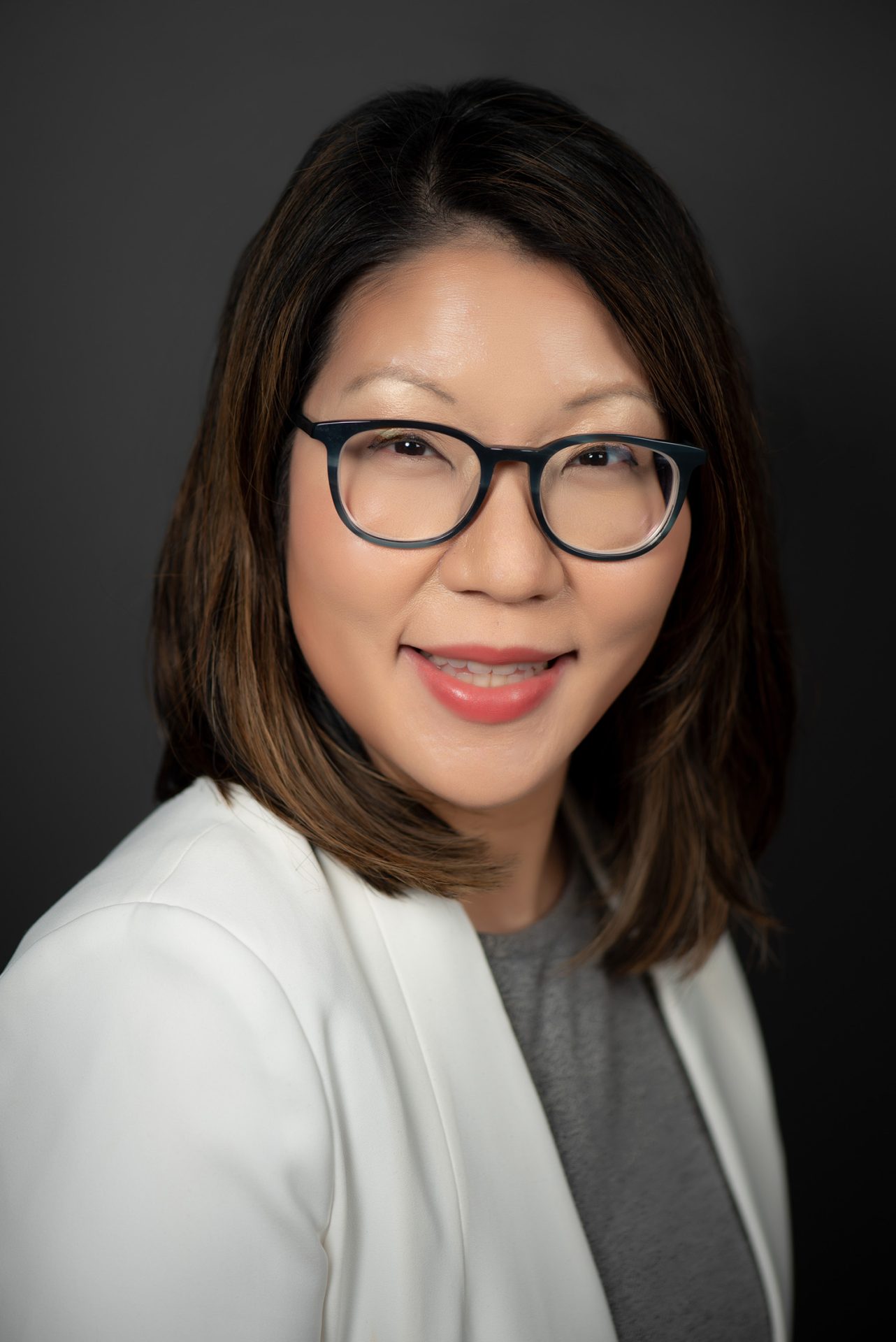
Technology is historically a male-dominated industry, yet the use of tech is fully embraced by women, and many studies even suggest that females are the primary buyers of tech in the home. What do you feel the technology industry needs to attract more women, particularly into high-level positions?
I believe that talent attracts talent, and often the hardest assumptions to overcome are the ones you can’t see. This is why visible representation is so important.
Leadership is also about influence on others and having a strong network is crucial for this. Multiple studies still show reduced access by women to these powerful networks, even more so for minorities. I think simple everyday actions we can take to be generous with our networks and connect and welcome others can be very powerful.
If you had to sum up what it is like being a woman in this male-dominated technology industry in just a few words, what would you say?
Payments and technology are noisy industries. Whether you’re building products or leading teams, it’s trying to separate the signal from the noise. In engineering, the signal is defined as meaningful information you’re trying to detect, and noise is unwanted variation that interferes with the signal.
To sum it up, I would say: Trust yourself. You’ve done the time and you’ve done the homework. This is the signal and don’t let the noise of others drown out the signal.
Are there women in the tech industry who inspire you?
I’ve been fortunate to work with many inspiring leaders, including Christine Hunter who leads Enterprise Payments at TD Bank. I’ve admired the inroads she’s made, her leadership and courage and the positive impact she’s had on me and others in the industry.
I’ve also been inspired by Athena Varmazis, an incredible leader, who taught me about the growth mindset. This is understanding barriers that are set up, some of them directly by yourself.
What are some of the misconceptions/myths about women working in the technology space that you’d like to dispel?
I think a change in perception in “us vs them” – we are human beings with gender-based social expectations that have been ingrained for decades. This is hard to reverse.
It’s our collective responsibility to sharpen our understanding of the world as it is, not how we wish it to be or fear it to be. I recently read the book Noise by Daniel Kahnmean, Olivier Sibony, and Cass Sunstein, which is about how flawed human judgement really is despite our belief in intuition and our ability to understand complexity.
The myth first starts with ourselves in understanding our own biases in how we see ourselves and others. When we can recognize them, we can address them with a different approach.
What’s one thing you wish was done differently in the industry, and why?
The first part is really understanding yourself: The conditions when you’re at your best and then your “default” self on how you relate to others.
In tennis terms, I’m a counter puncher, which means I have a high degree of patience, value consistency over the long term, and will decisively act on opportunities.
However, it’s also knowing how I engage with an all-rounder and aggressive-baseliner, and that this diversity of play can work very well together, even when we’re different.
The second part I wish I had done earlier is proactively reached out to mentors that had learned to navigate barriers. This is why I think what Kristy Duncan has done in Women in Payments is remarkable. It connects women across the globe in different regions and different companies (that are sometimes even competitors!) But we ultimately have shared universal experiences.
Are you optimistic for the future in general and for the industry?
I am optimistic more than ever. We are humanizing the world of payments and technology. Last year, I attended a leadership event featuring Shiseido, a 145-year-old luxury beauty brand. At the time, I thought I had little in common with such a different industry. During the panel, the speaker described the leadership’s deep belief in ometenashi which underpins everything they do.
Ometenashi originates from the Japanese tea ceremony, and it means to look after others with your whole heart. It is a deep understanding and anticipation of the needs of your customers, your colleagues, your suppliers, and the people around you. It comes from a deep human responsibility that we have to understand and care for others.
This struck a chord with me as it reflects what I believe in payments. It underpins the ease and effortlessness of experiences we build for our customers to anticipate their needs and make their lives better. It’s also why I’m optimistic about the future as I know that despite our differences, our different backgrounds, our experiences, we can be united by a common goal and the responsibility we have to each other and ourselves to make the lives of the people better.




